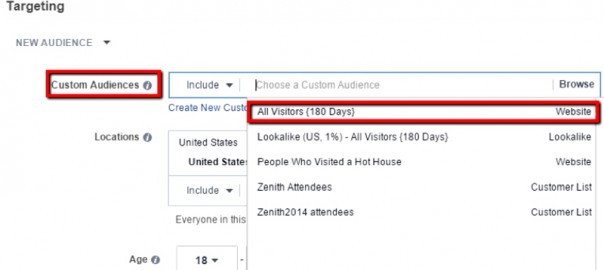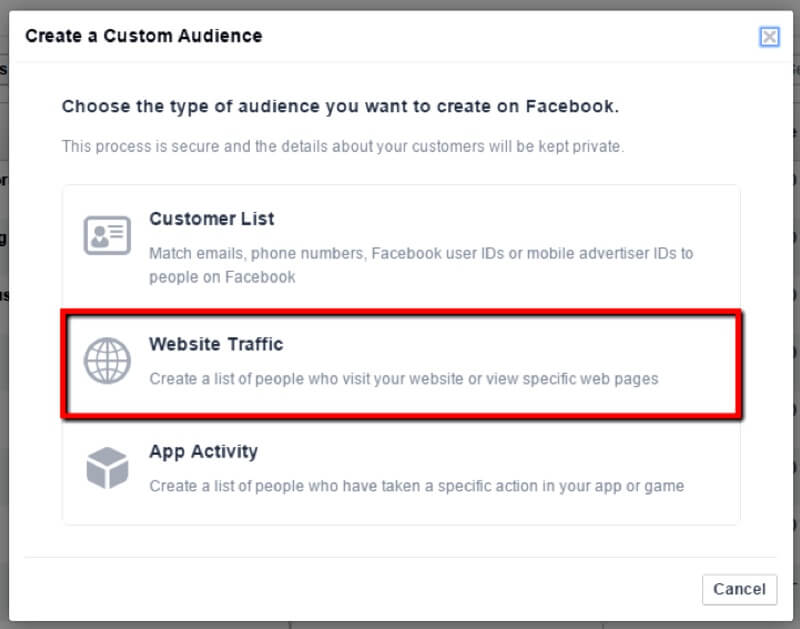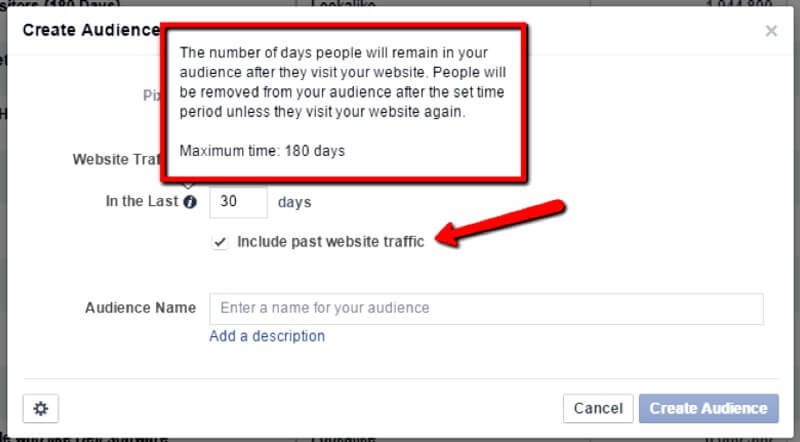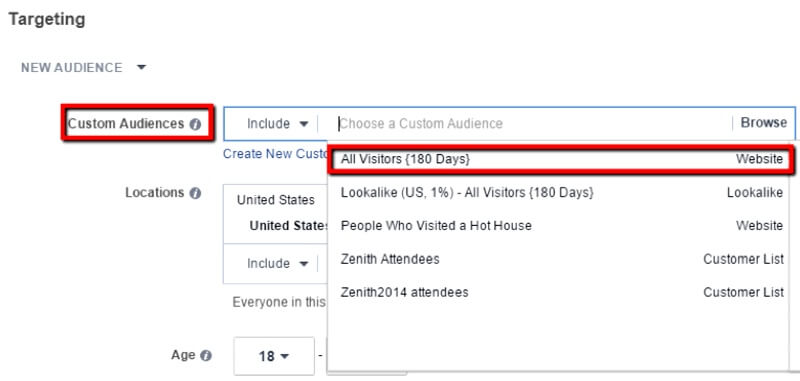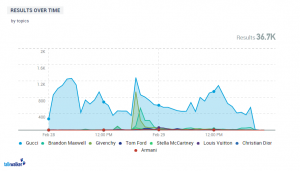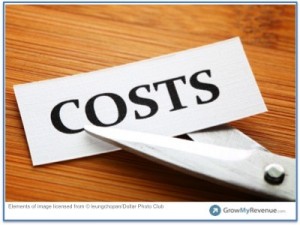How to harness paid search traffic to capitalize on users a second time with Facebook Custom Audiences: Psychographic Targeting Hot House
A few weeks ago, we discussed how social psychographic targeting can power search retargeting. In this week’s edition of aimClear’s Psychographic Targeting Hot House, Social Account Manager Gretchen Gautreaux turns that concept on its head. How, you ask? WHY, you wonder? Read on to learn more.
Are you or your company running search or display ads, directed at a landing page or designated page on your website? If so, discover how to harness that traffic and capitalize on those users a second time within Facebook through custom audiences.
For this example, we’re going to use Facebook’s Power Editor and the aimClear blog page of our website. First, open up Power Editor and make sure to download the most recent updates from the UI. Then head on over to the Audiences tab:
Place/Verify Facebook Site Pixel
Once inside the audience tab, if there is no website custom already created, you’ll want to make sure your custom audience pixel is in place. To do this, click on Tools, and scroll down to Pixels. If you have a pixel already in place, it should be displayed as active (see below).
If no custom audience pixel has been created, Facebook will walk you through the pixel creation process, including placing it on your site. For additional help and information, check out FB’s Help Center.
Retargeting Custom Audience Creation
To create a new audience, select the green “Create Audience” button in the upper right corner of PE and scroll down to “Custom Audience”. Then once prompted to select your audience type, click “Website Traffic.”
For this example, we’ll want to create an audience based on “anyone who visits your site”, though you can also filter for “people who visit specific web pages,” or “people who visit specific web pages but not others” ‑ for example, users who hit an ecommerce shopping cart but don’t convert, therefore don’t reach the thank you page.
Once your website parameters are set, decide on your audience duration. Products and services with shorter buying cycles should consider using a shorter look back period, while those with long buying cycles (think B2B or things that cost real money, like a new car) can utilize up to 180-day look back period. We also recommend including past website traffic to maximize your list capabilities.
Lastly, create a name for your audience, and try not to blink while your list blows up.
Now just remember to add your newly created custom audience to your next targeted ad campaign, and watch the clicks roll in, while CTRs skyrocket.
Using custom audience lists of users who have visited your website (and are already interested in your product or company) is a sharp-shooting tactic for pulling users farther into the conversion funnel. Keep in mind, if your traffic originates from paid search traffic, consider tailoring your second touch social ad creative to where the user stands within the buying cycle.
Want one last targeting domination nugget? Take the audience that you just created, and turn it into a lookalike audience to target new users with similar characteristics and behaviors to your landing page visitors.
Get Psychographic Marketing for your business that (actually) CONVERTS via omni-platform tactics: aimClear Blog.
Happy Targeting!
(Some images used under license from Shutterstock.com.)
Marketing Land – Internet Marketing News, Strategies & Tips
(90)
